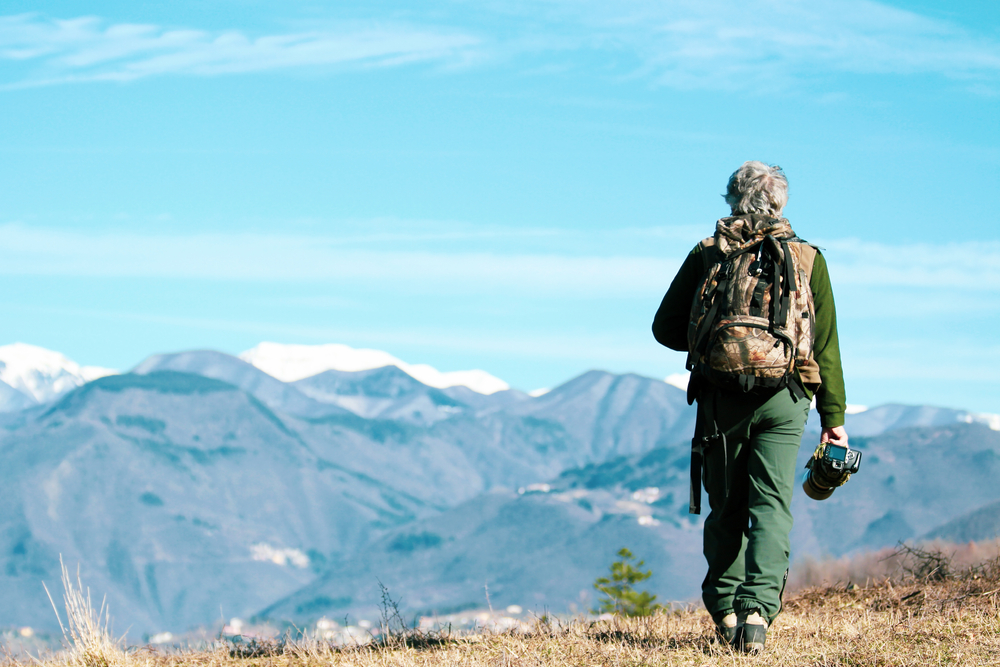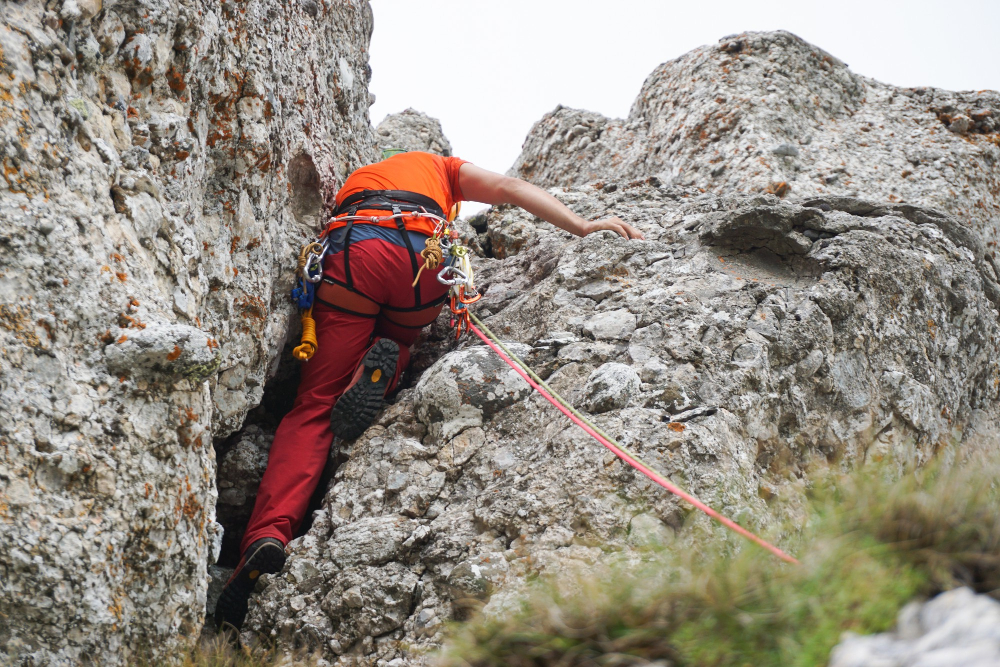Hiking is a favorite way to connect with nature and stay active. It’s a great way to clear your mind, enjoy fresh air, and get some exercise. But while it’s fun, hiking also comes with risks if you’re unprepared. Simple things like staying hydrated, packing wise, and wearing the right gear can make all the difference.
A well-prepared hiker is a safe hiker. This guide will walk you through common mistakes hikers often make and show you how to avoid them so your next hike is safe and enjoyable. It will also leave you eager to try out more trails.
Read: The Biggest Safety Mistakes People Make When Traveling Solo
Common Health Mistakes
Are you ready for your next hike? Let’s look at some health mistakes that could make your adventure more difficult than it should be.
Not Staying Hydrated

Staying hydrated is necessary when hiking. Dehydration can cause headaches, dizziness, and fatigue, leading to severe problems on the trail. The quantity of water you need depends on the hike’s length, weather, and difficulty. A good tip is to drink small amounts of water regularly rather than waiting until you’re thirsty. Sports drinks can also help maintain your energy.
Skipping Sunscreen and Sun Protection
Even on cloudy days, the sun’s rays can harm your skin. Skipping sunscreen can lead to sunburn or sunstroke. Use sunscreen with at least SPF 30 and reapply every couple of hours. Wearing a hat, sunglasses, and long sleeves can also protect you from sun exposure.
Ignoring Nutrition
Proper nutrition is just as important as hydration. Hiking burns a lot of energy, so you must fuel your body before and during your hike. Bring easy-to-carry snacks like nuts, energy bars, or dried fruit. Eating regularly will help keep your energy levels steady and prevent fatigue.
Overestimating Physical Fitness
Choosing a hike that matches your fitness level is key to staying safe. Overestimating your abilities can lead to exhaustion or injury. If you’re new to hiking or haven’t been active recently, start with easier trails. Gradually work your way up to more challenging hikes as your fitness improves.
Read: Sustainable Travel in Greece: How to Visit Responsibly
Common Safety Mistakes
How prepared are you for the trail? Before you go, it’s important to avoid these safety mistakes that could cause problems on your hike.
Not Researching the Trail
Heading out without knowing the trail can be risky. Understanding the terrain, trail difficulty, and weather conditions before you start is important. This helps you prepare better and avoid unexpected challenges. Researching the trail ahead ensures you know what to expect.
Failing to Tell Someone Your Plan
Always let someone know your hiking plans, especially if you’re going alone. Share your route and expected return time with a friend or family member. This way, someone will know where to find you if something goes wrong.
Wearing Inappropriate Clothing and Footwear

Wearing the wrong clothing or footwear can cause discomfort or injury. Choose moisture-wicking clothes suitable for the weather and supportive footwear appropriate for the terrain. Breaking in your hiking boots before a long hike can help prevent blisters.
Not Packing Essential Gear
Even for short hikes, packing essential gear like a first-aid kit, map, and compass is significant. These items can be lifesaving if something goes wrong. Check your gear before you leave to ensure you have everything you need. Being prepared lets you relax and enjoy your hike without worrying about missing essentials.
Ignoring Weather Conditions
Weather can change quickly, especially in the mountains. Always check the weather forecast before your hike and be prepared for sudden changes. If the weather looks bad, consider rescheduling your hike. Bring the right gear, such as a rain jacket, to stay safe and comfortable.
Avoiding these common mistakes can ensure a safe and enjoyable hiking experience. Stay prepared and keep safety in mind, and you’ll be set for a rewarding adventure on the trails!
Read: Travel Expert Rick Steves Reveals Prostate Cancer Diagnosis
Mental and Emotional Preparedness
Are you mentally ready for your hike? Being prepared in your mind is just as important as being physically ready. Let’s see why that matters.
Overconfidence and Risk-Taking

Overestimating your abilities on the trail can lead to grave danger. It’s easy to feel confident, especially if you’ve hiked before, but every trail is different, and so are the challenges it presents. Taking unnecessary risks, like hiking off-trail or climbing without proper gear, can put you in harm’s way.
The best approach is to stay careful and realistic. Know your limits and stick to them. Pick trails that suit your experience level, and always put safety first. It’s better to turn back than to push forward into a situation you’re not ready for.
Panicking in Uncertain Situations
Panic is a natural reaction when things go wrong, but it can worsen a bad situation. If you find yourself lost or injured, staying calm is essential. Panic can cloud your judgment and lead to poor decisions. Instead, take a deep breath, assess your surroundings, and think clearly about your next steps. Use a whistle to signal for help or make noise to attract attention.
If you have a phone with service, call for help and stay put. Preparing mentally before your hike can make a big difference. Imagine how you’ll handle an emergency and remind yourself to stay calm no matter what happens. This preparation will help you stay focused and safe if needed.
Avoiding common mistakes is essential for a safe and enjoyable hike. Stay prepared by being hydrated, sun-safe, well-fed, and mindful of your limits. Research your trail, pack wisely, and respect the weather.
Found this guide helpful? Share it with other hikers to spread the word. Stay safe and enjoy your hike!






